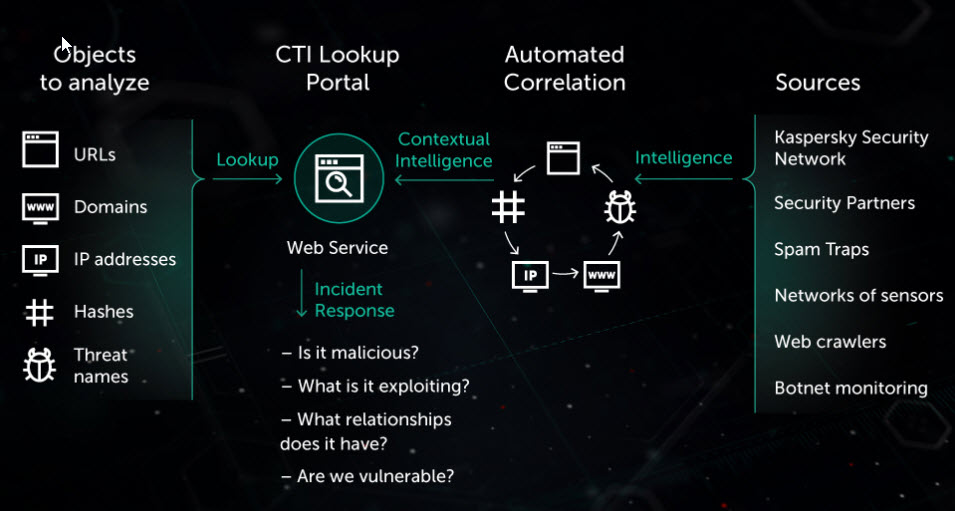|
Introduction: Blockchain technology has emerged as a game-changer in various industries, and one area where its potential is being explored is the realm of voting systems. Traditional voting methods often face challenges like fraud, lack of transparency, and limited accessibility. In this article, we will delve into the concept of blockchain-based voting systems and explore how they can revolutionize democracy. What is a Blockchain-Based Voting System? A blockchain-based voting system utilizes the distributed ledger technology of blockchain to facilitate secure, transparent, and tamper-proof voting processes. It allows for direct participation and verification by the stakeholders while ensuring the integrity and immutability of voting records. Enhanced Security and Transparency: One of the key advantages of using blockchain in voting systems is the enhanced security it provides. Each vote is recorded on a block, which is linked to previous blocks using cryptographic hashes, creating an immutable chain. This makes it extremely difficult for any malicious actor to alter or manipulate the voting data, ensuring the integrity of the entire process. Moreover, the decentralized nature of blockchain ensures that no single entity has control over the voting system. The transparency of the blockchain allows participants to verify the accuracy of the results independently, fostering trust among voters and eliminating doubts about the fairness of the process. Prevention of Fraud: Blockchain-based voting systems can significantly reduce the risk of fraudulent activities. The use of cryptographic techniques ensures that only eligible voters can cast their votes, preventing impersonation or double-voting. Additionally, with each vote being permanently recorded on the blockchain, it becomes nearly impossible to tamper with the results without detection. Accessibility and Inclusivity: Blockchain-based voting systems have the potential to increase accessibility and inclusivity in elections. By leveraging digital platforms and mobile applications, individuals can participate in the voting process from anywhere, eliminating geographical barriers. Furthermore, blockchain's inherent transparency enables auditing and allows for better monitoring of the entire process, ensuring fairness and inclusivity. Challenges and Considerations: While blockchain-based voting systems offer numerous benefits, there are still challenges that need to be addressed. These include concerns regarding privacy, scalability, and the digital divide. Privacy concerns can be mitigated through the use of cryptographic techniques, while scalability can be improved through the implementation of off-chain solutions. Bridging the digital divide requires providing necessary infrastructure and education to ensure equal access to technology across all segments of society. Conclusion: Blockchain-based voting systems have the potential to revolutionize democracy by addressing the limitations of traditional voting methods. By leveraging the security, transparency, and decentralization offered by blockchain technology, these systems can enhance trust, prevent fraud, and promote inclusivity in elections. While there are challenges to overcome, continued research and development in this field hold promise for a more robust and democratic future.  |
